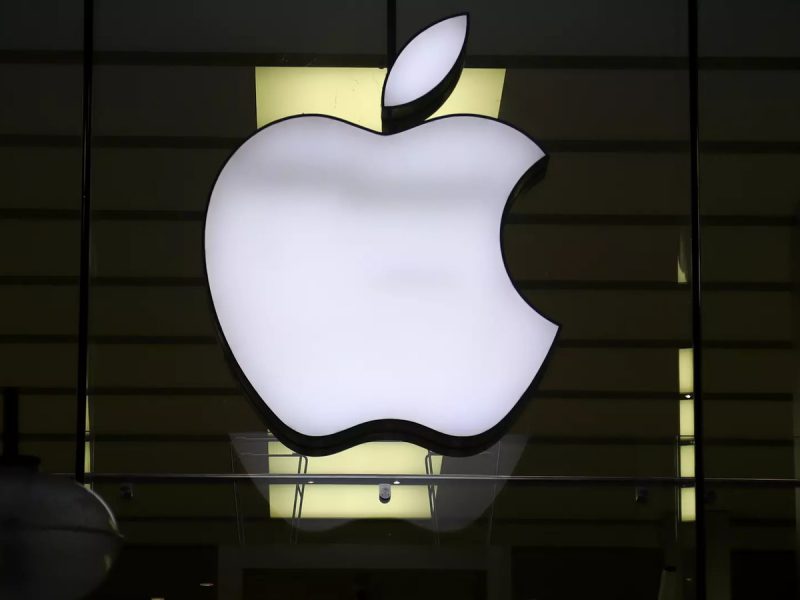Apple recently announced updates to its App Store Review Guidelines. A part of the same was dedicated to providing clarity around Non Fungible Tokens or NFTs.
NFTs, as such, are allowed to exist within apps on the App Store. However, they cannot unlock additional features or content. The newly-released guidelines clarified,
“Apps may use in-app purchase to sell and sell services related to non-fungible tokens (NFTs), such as minting, listing, and transferring. Apps may allow users to view their own NFTs, provided that NFT ownership does not unlock features or functionality within the app.”
Alongside, developers are not permitted to create “buttons, external links, or other calls to action” telling users how to bypass the App Store to buy NFTs via other platforms. Instead, the App Store wants users to make in-app purchases.
Furthermore, it also prevents apps from using mechanisms like “QR codes, cryptocurrencies, and cryptocurrency wallets” which could be used to unlock content or functionality within an app.
Also Read: ‘God of Cricket’ Sachin Tendulkar steps into NFTs world with Polygon
The American multinational technology company has also rejected calls to exclude NFTs from its “Apple Tax” on purchases. This means the standard 30% commission rate on NFT purchases will apply.
Community reactions were typically mixed on social media platforms. Chalking out both extreme perspectives, Tim Sweeney—CEO of Epic Games—tweeted:
It is worth recalling that Magic Eden removed its service from the App Store recently owing to its policies and high commission. Opining on the same, the exec stated that Apple was “crushing” another nascent tech and should be stopped.
Also Read: NFTs to be taxed in the US?
Crypto Exchanges
Alongside NFTs, Apple also provided clarity pertaining to crypto exchange apps. The guidelines noted,
“Apps may facilitate transactions or transmissions of cryptocurrency on an approved exchange, provided they are offered only in countries or regions where the app has appropriate licensing and permissions to provide a cryptocurrency exchange.”





